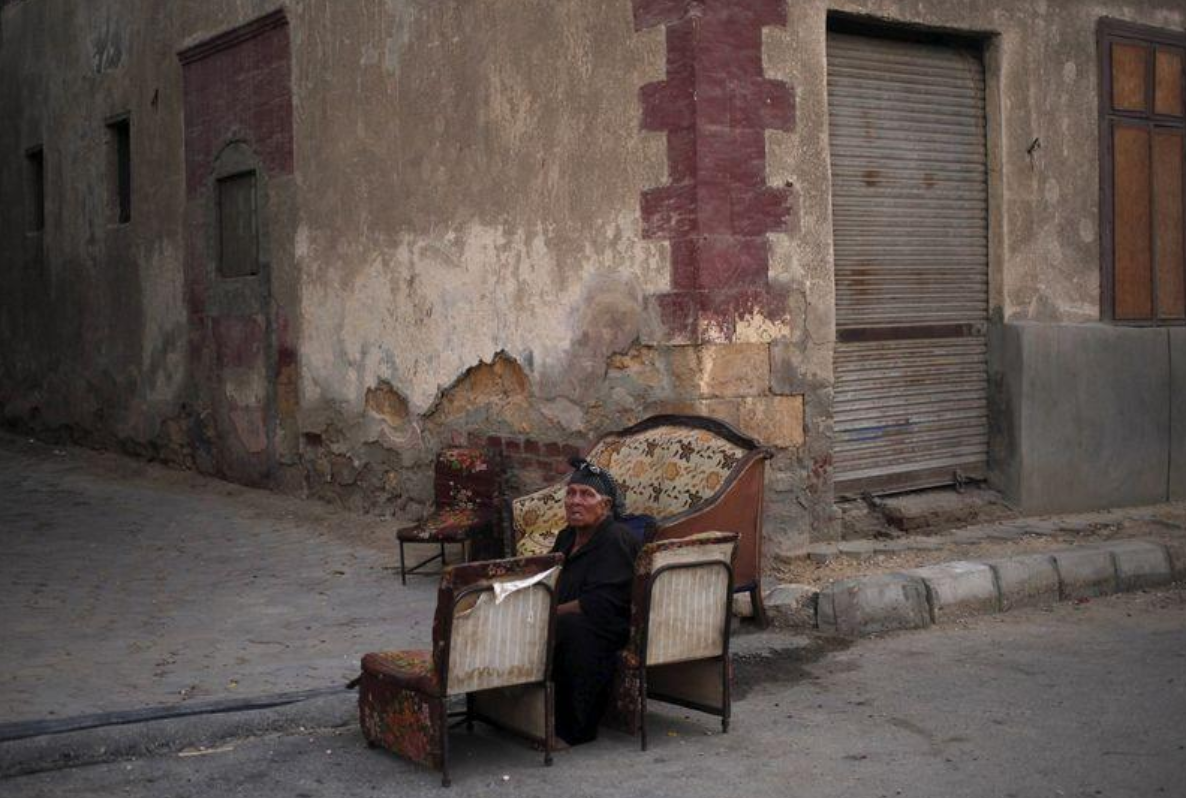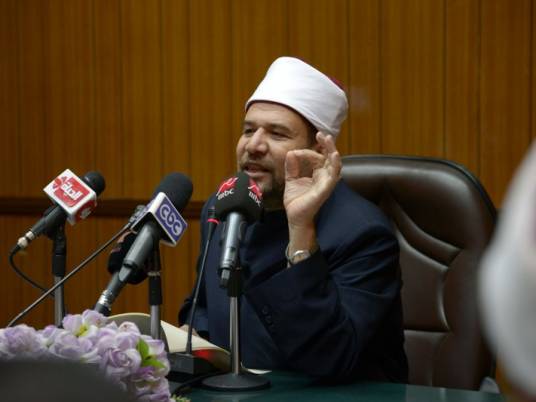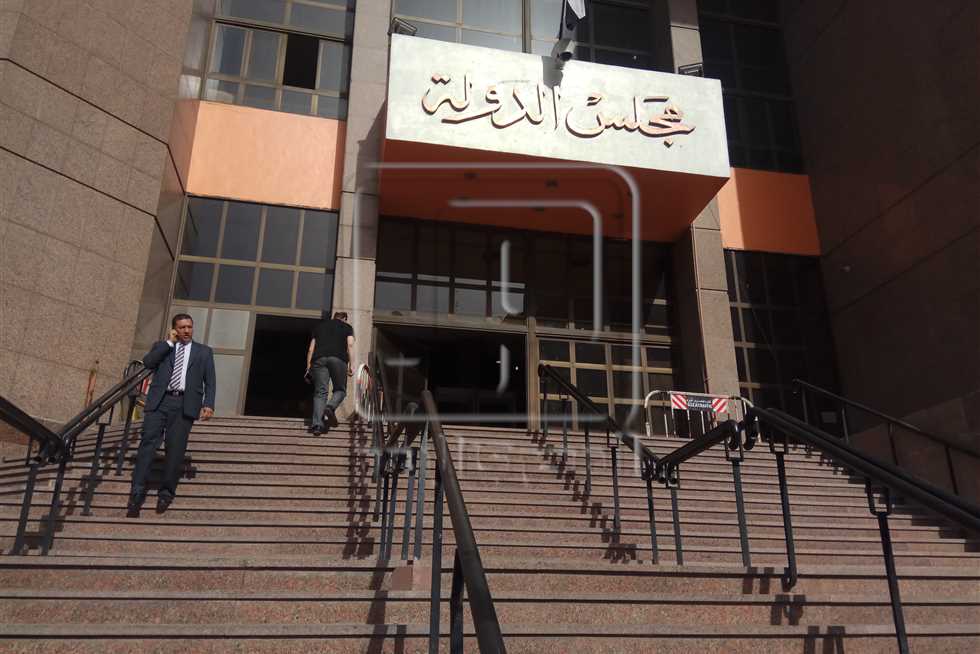
Independent labor unions are preparing for massive protests on September 12, demanding the Civil Service law be abandoned after the government declared in March that reforms need to be made among the six million strong civilian workforce.
The new law has led to several protests by workers who met with Prime Minister Ibrahim Mehleb earlier this month to voice their grievances. The workers contended their protests were to no avail.
While the independent workers' union rejected the law’s executive regulation released on Friday, the official Egyptian Trade Unions Federation said it contributes to the establishment of social justice as far as wages are concerned.
Fatema Fouad, who heads an independent union of tax workers, said unions are adhering to plans for massive protests on September 12 at Fustat Park in Old Cairo.
Workers disgruntled by the law say it encroaches on their financial benefits and threatens the future of casual workers.
According to Fouad, one article of the recently adopted executive regulation obliges an employee under probation to educate “ten illiterate citizens”.
“This is the state’s role, not employees,” said Fouad. “Not all employees have the skill to educate an illiterate citizen."
According to Fouad, another provision halting promotions for state employees on extended vacation will prompt many of those temporarily working abroad to return home for fear of losing their government jobs.
Tareq Koeib, who leads an independent union of real estate tax employees, said the executive regulation adds nothing to “an already bad law”.
According to Koeib, one of the most “dangerous” articles of the law is the one that empowers employees to provide annual assessments of their colleagues’ performance, a matter which he says undermines the credibility of performance reports on which promotions are based.
Deputy Director of the Official Labor Federation (ETUF) Adel Abdel-Latif, however, highlighted some positive aspects to the controversial law.
“The law ensures justice for state workers' payments. It has laid down rules ensuring the eradication of nepotism in appointments,” said Abdel-Latif.
Edited translation from Al-Masry Al-Youm




